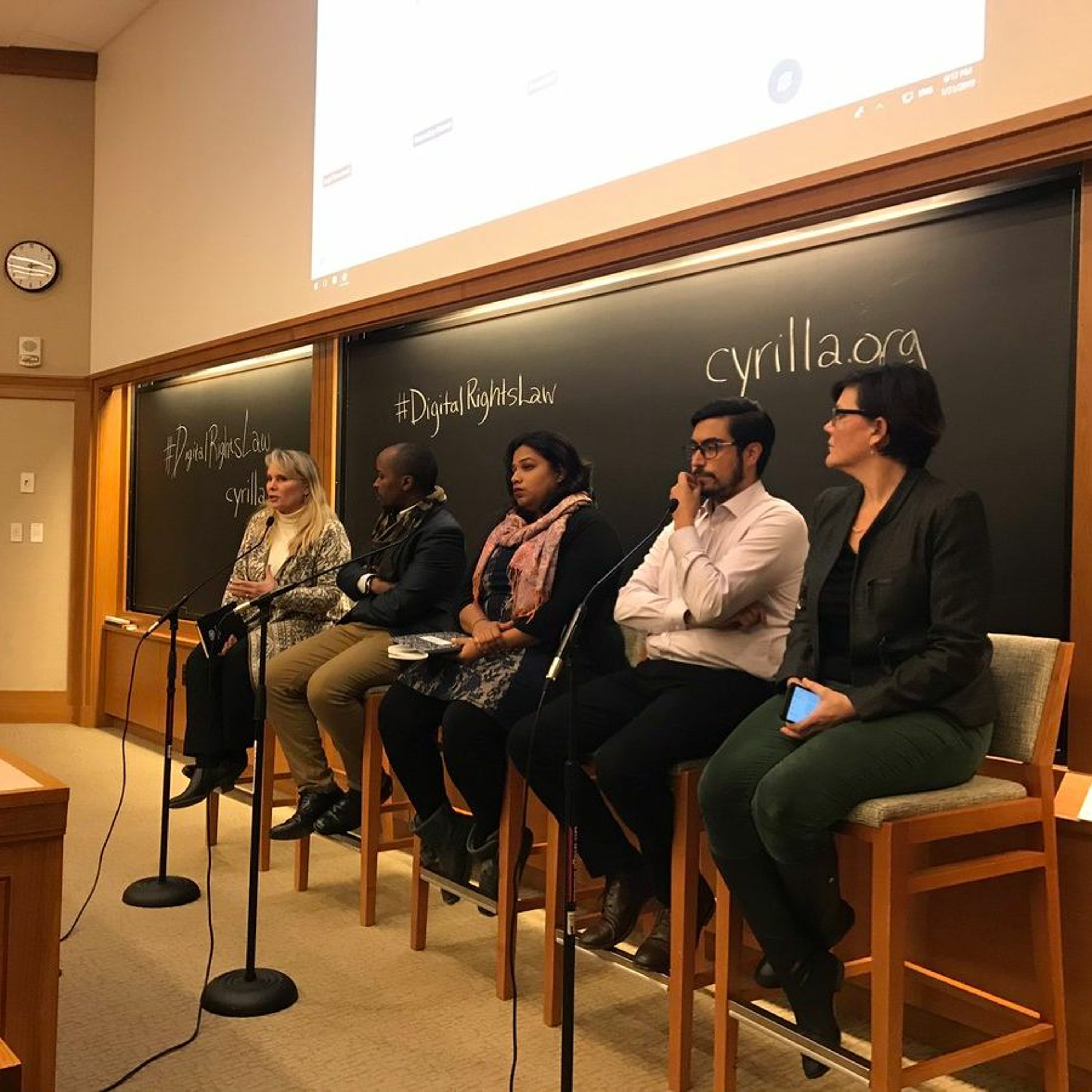- Culture
- SEE MORE
- classical
- general
- talk
- News
- Family
- Bürgerfunk
- pop
- Islam
- soul
- jazz
- Comedy
- humor
- wissenschaft
- opera
- baroque
- gesellschaft
- theater
- Local
- alternative
- electro
- rock
- rap
- lifestyle
- Music
- como
- RNE
- ballads
- greek
- Buddhism
- deportes
- christian
- Technology
- piano
- djs
- Dance
- dutch
- flamenco
- social
- hope
- christian rock
- academia
- afrique
- Business
- musique
- ελληνική-μουσική
- religion
- World radio
- Zarzuela
- travel
- World
- NFL
- media
- Art
- public
- Sports
- Gospel
- st.
- baptist
- Leisure
- Kids & Family
- musical
- club
- Health & Fitness
- True Crime
- Fiction
- children
- Society & Culture
- TV & Film
- gold
- kunst
- música
- gay
- Natural
- a
- francais
- bach
- economics
- kultur
- evangelical
- tech
- Opinion
- Government
- gaming
- College
- technik
- History
- Jesus
- Health
- movies
- radio
- services
- Church
- podcast
- Education
- international
- Transportation
- Other
- kids
- podcasts
- philadelphia
- Noticias
- love
- sport
- Salud
- film
- and
- 4chan
- Disco
- Stories
- fashion
- Arts
- interviews
- hardstyle
- entertainment
- humour
- medieval
- literature
- alma
- Cultura
- video
- TV
- Science
- en
Cyberlaw and Human Rights: Intersections In The Global South

b'After two decades of little direct legislation of the internet, national laws and related court decisions meant to govern cyberspace are rapidly proliferating worldwide. They are becoming building blocks in new legal frameworks that will shape the evolution of Internet governance and policymaking for years to come.\\n\\nIn the Global South and particularly under repressive regimes, these frameworks can be imposed with little regard for human rights obligations and without a full understanding of the technologies and processes they regulate or their implications for the preservation of the core values of the internet: interoperability, universality, and free expression and the free flow of information.\\n\\nIn this panel, practitioners from five international organizations monitoring the development of legislation and case law related to cyberspace discuss the implications for the future of human rights online.\\n\\nModerator: Robert Faris\\n\\nPanelists: Dr. Hawley Johnson (Project Manager for Columbia Global Freedom of Expression), Robert Muthuri (Research Fellow \\u2013 ICT at the Centre for IP and IT at the Strathmore School of Law), Juan Carlos Lara (manager of the Public Policy and Research team at Derechos Digitales), Gayatri Khandhadai (lawyer with a background in international law and human rights, international and regional human rights mechanisms, research, and advocacy), and Jessica Dheere (co-founder of the Beirut\\u2013based digital rights research, training, and advocacy organization SMEX (smex.org) and a 2018-19 research fellow at the Berkman Klein Center.\\n\\nMore about this event here:\\nhttps://cyber.harvard.edu/events/2019-01-31/cyberlaw-and-human-rights'